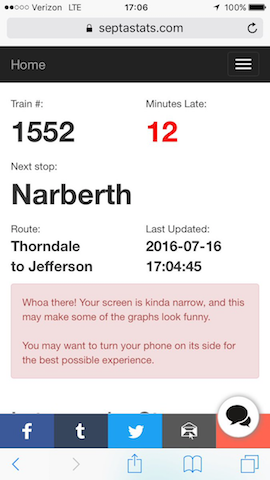I’ve been living in a one-bedroom apartment for the last 15 years. It has mostly suited my needs — I don’t have any hobbies which require lots of “stuff”, and having a smaller apartment means that I can live closer to the city which makes for a shorter commute. In short: my apartment is a good fit for me.
However, there was one thing that got steadily worse over the years: clutter. While I cleaned regularly and could make my way around the apartment just fine, it was the little things that got me: the overflowing bookshelf, the ironing board with clean clothes sitting on it (because I had no room in my dresser), etc.
Things reached a breaking point a few months ago, when I realized that I needed to do some serious decluttering of my apartment. With the help of my Amazon Prime subscription, I started to order organizing products by the boxful and was able to make my apartment much more inhabitable then before.
That’s not to say I didn’t throw things out — I threw out a bunchof things, donated other things, and put a few more things into my storage unit. If you are trying to declutter your home, you are very likely going to have to throw somethingout. Be prepared for that. If you must, take pictures of the things you’re throwing out, but understand that the key to decluttering is throwing out the things you no longer need.
I’m going to go through the various things I used for organizing. I’ll start with plastic Rubbermaid/Tupperware containers, then move on to trash bags and shelving. Finally, I’ll wrap up with some additional organizing tips.
Continue reading “How I Organized and Decluttered My Home”







